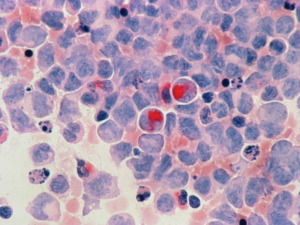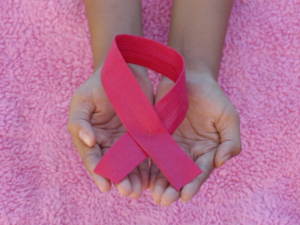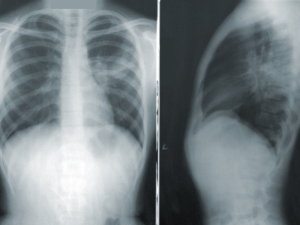“So…you are a PA fellow…what’s that?” During my year as an oncology PA fellow at MD Anderson Cancer Center, this question came up so many times that I decided to put some thoughts into polishing my answers. Patients and other care team members usually want to gauge how much they can trust me and rely on me. Some students and APP colleagues from other institutions are curious about the role of a fellowship in my career. I hope this article can shed some light on the oncology PA fellowships!
- What is a PA fellow?
A PA fellow is a fully certified and licensed physician assistant (PA) who can practice in the scope defined by the institution. They have completed the training required by the licensing board of the state (e.g. Texas Medical Board), and they are authorized to function as an advanced practice provider (APP) without further requirement for training. In other words, we are not students, but we are trainees who practice under the supervision of attending physicians and APP preceptors. Sometimes I suggested people to just think of me as a new PA in the department, but also know that I would be working in a different department in a few weeks when the current rotation ended, so they should keep that in mind when coordinating future care for a patient.
- What does a PA fellow do?
This may vary across institutions, programs, and even departments. The short answer is, we can do everything that we are capable of and credentialed for in the specific department we rotate in, just like any other APPs in the institution. For example, we were credentialed to assist in surgery at the beginning of fellowship, because we had been trained in PA school to help with tasks such as suctioning and retracting. However, I was not credentialed to independently perform bone marrow aspiration and biopsy during the fellowship, so I always had another APP supervising me.
- Who can apply for a PA fellowship in oncology?
One needs to be certified and licensed as a PA before starting the fellowship. The PA fellowship program at MD Anderson has trained newly minted PAs fresh out of PA school as well as seasoned PAs who practiced in other specialties but want to enter oncology.
- What are the benefits of a PA fellowship? Do you have to do a fellowship to work in oncology?
A fellowship is not required to work in oncology, and one can become an excellent oncology PA with hard work and proper training on the job. However, a PA fellow receives intensive training in a very wide variety of specialties in oncology, from colorectal surgery to stem cell transplant. As the field of oncology becomes more specialized and complex, an all-encompassing knowledge base of oncology obtained from a fellowship is highly valued. During the fellowship, we were also required to give talks, prepare manuscripts for publication, and precept students, which offered great opportunities for someone interested in teaching or research. The experience during the year has made me an all-round clinician in oncology, and I appreciated every moment of it!

Yue Jiang, PA-C







